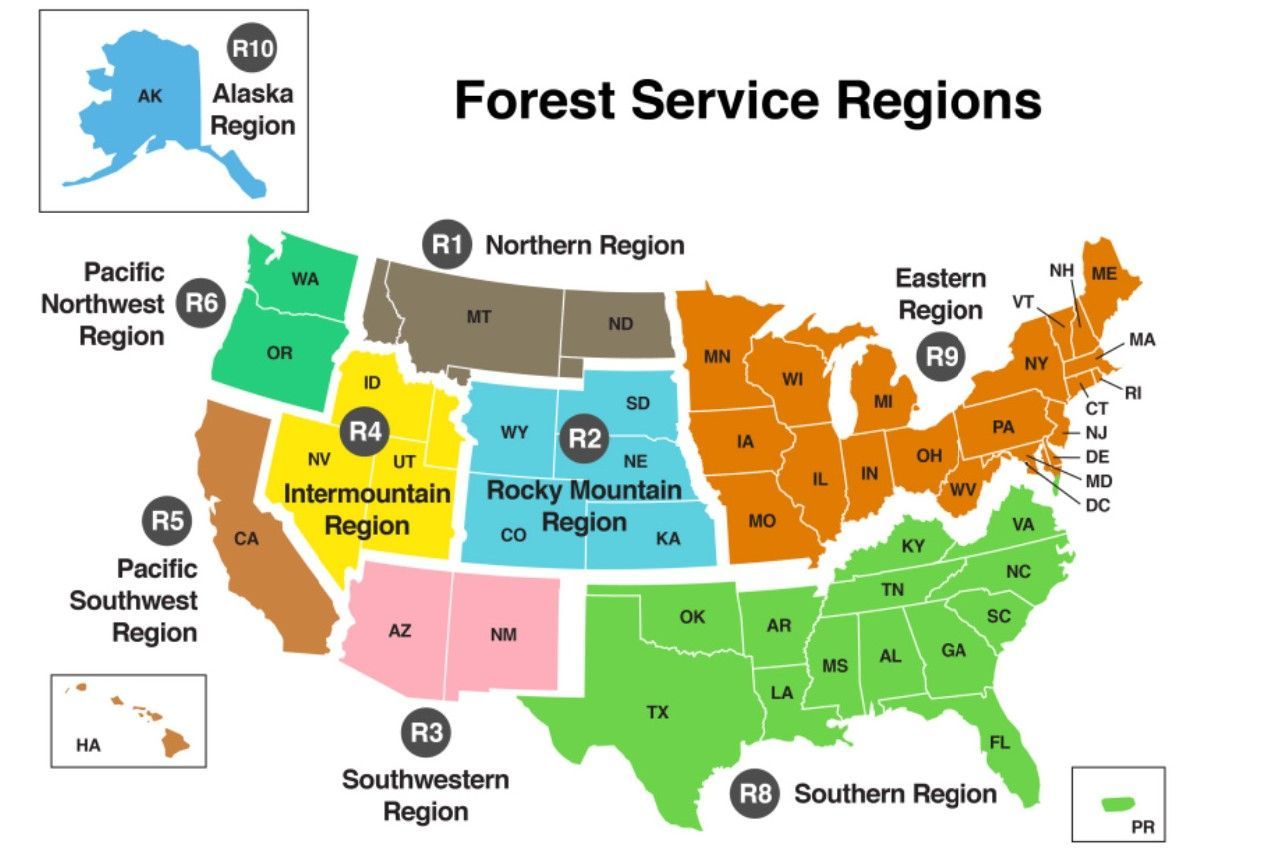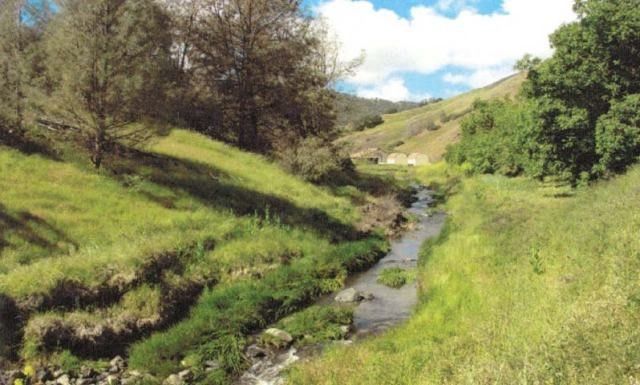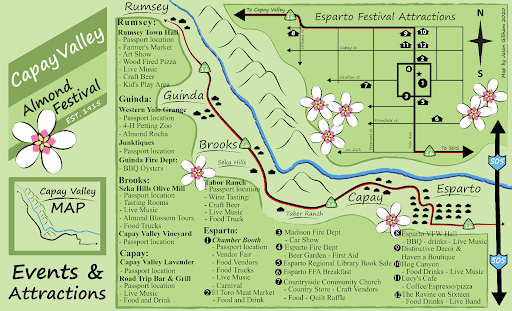Policy Corner: USDA Reorganization and What It Means for California

What is the USDA Reorganization?
On July 24, 2025, Agriculture Secretary Brooke Rollins announced a sweeping reorganization eliminating all nineForestService regional offices nationwide and consolidating USDA operations into five regional hubs in North Carolina, Missouri, Indiana, Colorado, and Utah. For California, the closest hub managing the state's agriculture will be Salt Lake City, Utah and forest resources will be Fort Collins, Colorado, over 500 miles from the California communities that depend on these services.
This reorganization comes at a terrible time. California has already lost substantial expertise and workforce even before this reorganization: Agricultural Research Service sites have lost 10-50% of their scientists, over 4,500 Forest Service firefighting positions remain vacant nationwide and 15,364 USDA employees have already taken voluntary resignation offers.
Rather than addressing these vacancies and strengthening support for California’s communities, this reorganization will exacerbate the loss of expertise and local knowledge that our communities depend on.
Agricultural Impacts: Abandoning America's Food Producer
Despite producing $59.46 billion in sales annually and growing 70% of the nation's fruits and vegetables, under the reorganizing plan, California will no longer have a regional hub. The reorganization consolidates critical agricultural services away from California, including research, conservation assistance, and extension services. The scale of what's at risk cannot be overstated. California's agricultural sector employs more than 420,000 people and generates more than 400 commodities. Rural farming communities that depend on technical assistance from USDA offices are at risk of losing essential support. Centralizing these services in distant states creates response delays during critical planting, harvest, or emergency situations, which ultimately hurts farmers and weakens California’s food systems. This reorganization is part of a broader pattern of the current Administration’s policies that are harming farmers across the country.
Research Station Consolidation: Losing Irreplaceable Expertise
The reorganization eliminates California's Region 5 Forest Service research office, a facility studying Mediterranean climate and chaparral ecosystems that oversees 18 national forests covering 20 million acres. This research directly informs wildfire management and climate adaptation strategies for California's unique environment, yet it will be consolidated to Fort Collins, Colorado.
This comes as California has already lost substantial research capacity. When experienced researchers leave, they take irreplaceable knowledge about California's fire behavior, drought adaptation, and ecosystem recovery, expertise that cannot be replaced by Colorado-based staff unfamiliar with Mediterranean climates. Colorado’s cold, dry continental climate with snowy winters holds no resemblance to California’s Mediterranean climate of wet winters and dry summers. The climate differences mean that Colorado-based researchers cannot understand the unique fire patterns, drought cycles and ecosystem management challenges that define California's forests and agriculture systems.
The partnership between California universities and USDA research stations created the innovation pipeline that made California agriculture globally competitive. Graduate students conducted fieldwork at research stations, faculty collaborated on applied research, and findings flowed directly to farmers. Moving research to Colorado breaks this pipeline entirely, just when California faces its most complex agricultural and climate challenges.
The Locality Pay Problem: Devaluing Public Service
USDA justifies hub locations partly on lower federal locality pay rates, prioritizing cost savings over mission effectiveness. However, if this rationale is an influential factor, Fresno, California would be a top contender for an agriculture hub because Fresno’s locality pay is 17.65% which is nearly identical to that of Salt Lake City, which is 17.06% and is a lower locality pay than Fort Collins, Indianapolis and Raleigh. This makes Fresno an obvious choice for a western hub if cost savings truly drove the decision making.
Federal agencies already struggle with recruitment and retention. Using lower locality pay further undermines efforts to attract qualified professionals by reducing compensation competitiveness, damaging employee morale, and creating retention problems.
California's federal employees possess decades of experience managing complex fire seasons, diverse agricultural systems, and unique ecosystems. This expertise requires years to develop and cannot be easily replaced. Effective management requires attracting and retaining qualified professionals who understand local conditions, not relocating operations based solely on salary savings.
What We're Really Losing
California faces unique wildfire and climate challenges that require specialized knowledge. The reorganization dismantles the infrastructure that allows federal expertise to reach the communities who need it.
Secretary Rollins says the reorganization will bring services "closer to its customers," but for California farmers and forest communities, the closest hub will be hundreds of miles away. The promise of improved efficiency rings hollow when similar relocations have consistently resulted in massive knowledge loss and service disruptions.
Rather than building agencies back up, this reorganization dismantles the infrastructure that allows federal expertise to reach the communities who need it. California produces more agricultural revenue than most entire regions of the country, yet this reorganization treats California as an afterthought.
Thank you to everyone who submitted comments during the initial public comment period and exercised your voice about agencies established to serve the California public. We have recently learned that USDA has decided to
reopen the comment period through September 30th,
you still have time to submit comments. Tuleyome will continue monitoring this issue and providing updates as more information becomes available.
RECENT ARTICLES






